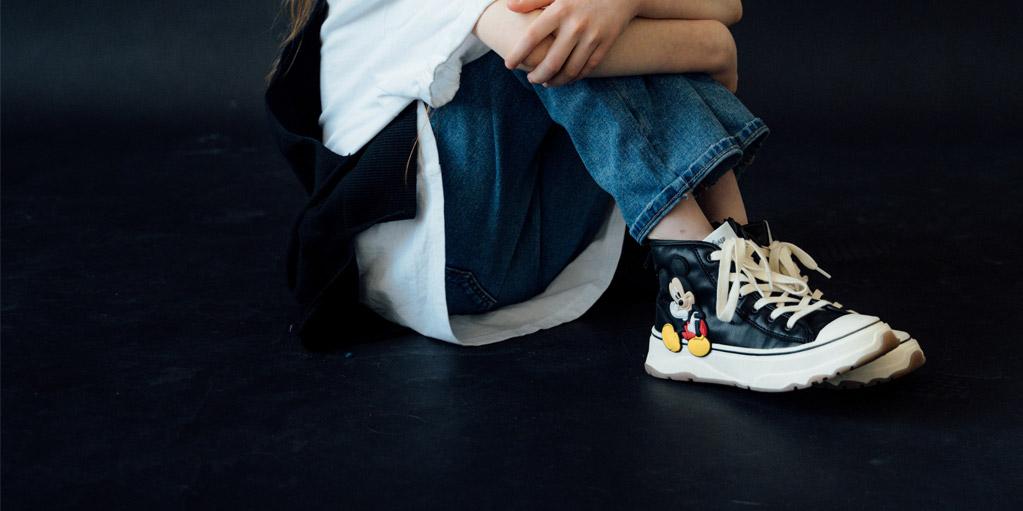
|![]() 5 minute read
5 minute read
Child exploitation: spot the signs

Written by Lisa Russell, head of service delivery (north)
Our head of service delivery for the North of England, Lisa, has put together some useful information and guidance on child exploitation so you can spot the signs.
What is criminal child exploitation?
It's a form of child abuse involving manipulation and coercion. It results in children and young people committing crimes or performing sexual activities.
What is child sexual exploitation?
Is another type of sexual abuse and we touched on it above. Things like gifts, drugs, money, status and affection are used to manipulate young people into sexual activities.
The young person is tricked into believing that they’re in a loving and consenting relationship. They don’t understand they’re being abused and groomed. Abusers use tactics like violence and financial abuse. The relationship could also be a friendship or with someone the young person looks up to. Age, race, or gender doesn't matter, anyone can be a perpetrator.
What is a gang?
In 2010 the government published some guidance (safeguarding children and young people who may be affected by gang activity) and defined three groups:
Peer group – “a relatively small and transient social grouping which may or may not describe themselves as a gang depending on the context”
Street gang - “groups of young people who see themselves (and are seen by others) as a discernible group for whom crime and violence is integral to the group's identity”
Organised criminal gang - “a group of individuals for whom involvement in crime is for personal gain (financial or otherwise). For most crime is their 'occupation'”
Gangs and criminal child exploitation
It's not illegal for a young person to be in a gang. But, gang membership can be linked to illegal activity. For example, organised criminal gangs who are involved in trafficking, drug dealing and violent crime.
Young people and gangs
Organised criminal gangs involve children or young people because they’re less suspicious and are given lighter sentences than adults. Here are a few reasons why a child or young person may become involved with a gang:
- Where they live
- A need for protection
- They feel respected and important
- They want to make money, and are promised rewards
Criminal exploitation: signs you can look out for
- Frequently absent from and doing badly in school
- Being isolated or withdrawn
- Wearing clothes or accessories in gang colours or getting tattoos
- Self-harming and feeling emotionally unwell
Find a full list on the NSPCC website.
Child sexual exploitation: signs to look out for
- Unhealthy or inappropriate sexual behaviour
- Having money or things they can't or won't explain
- Having an older boyfriend or girlfriend
- Involved in a gang
Find a full list on the NSPCC website
Source: NSPCC